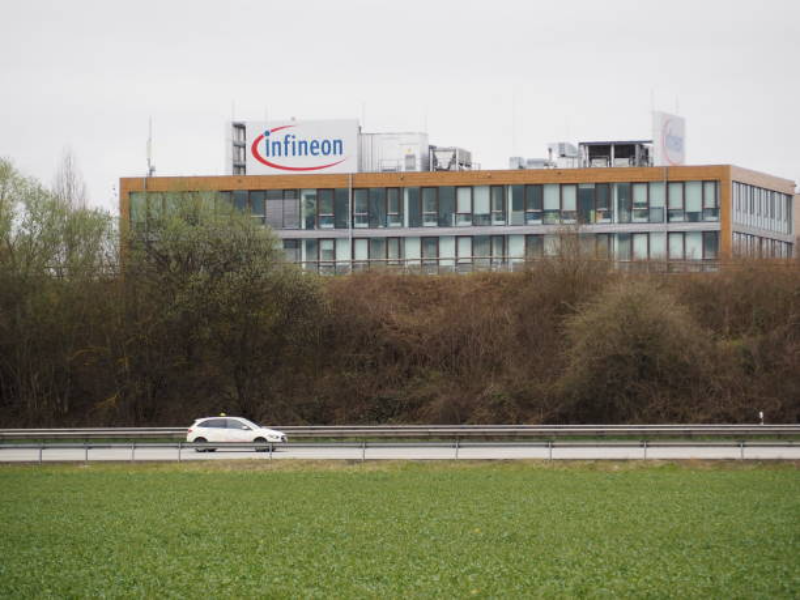- Infineon Technologies has settled a legal dispute with Qimonda’s insolvency administrator, agreeing to pay €753.5 million ($837.2 million).
- The dispute, originating in 2010, alleged that Infineon transferred operations to Qimonda at inflated prices, contributing to Qimonda’s collapse.
OUR TAKE
Infineon’s settlement with Qimonda over alleged inflated transfers underscores the financial risks tied to corporate spin-offs. By paying €753.5 million ($837.2 million), Infineon seeks to avoid further financial strain. This case serves as a warning about the need for transparency and careful management in corporate dealings to prevent costly legal disputes.
–Jasmine Zhang, BTW reporter
What happened
German chipmaker Infineon Technologies has agreed to pay €753.5 million ($837.2 million) to settle a long-standing legal dispute with Qimonda’s insolvency administrator. The dispute stemmed from allegations that Infineon had transferred operations to Qimonda at inflated prices, leading to Qimonda’s collapse and insolvency in 2009.
Although the claim was initially for €3.35 billion ($3.7 billion), the settlement amount is slightly less than the €800 million ($895.9 million) previously expected. The settlement will impact Infineon’s earnings and cash flow, with insolvency proceedings expected to conclude by 2025.
Also read: Pavlovsky exits DeFi platform Marginfi due to policy disputes
Also read: China-based EV makers hit with European Union tariffs
Why it’s important
Infineon’s €753.5 million ($837.2 million) settlement with Qimonda’s insolvency administrator highlights a crucial issue in the corporate world: the consequences of overambitious spin-offs and mismanaged valuations.
The original €3.35 billion ($3.7 billion) claim suggests the stakes were high, and although the settlement amount is lower, it still indicates substantial financial misjudgments. This case is a stark reminder of the risks associated with aggressive business strategies and the need for transparency in corporate transactions.
Infineon’s decision to settle rather than prolong the dispute may prevent further financial drain, but the impact on their earnings and cash flow is inevitable.

